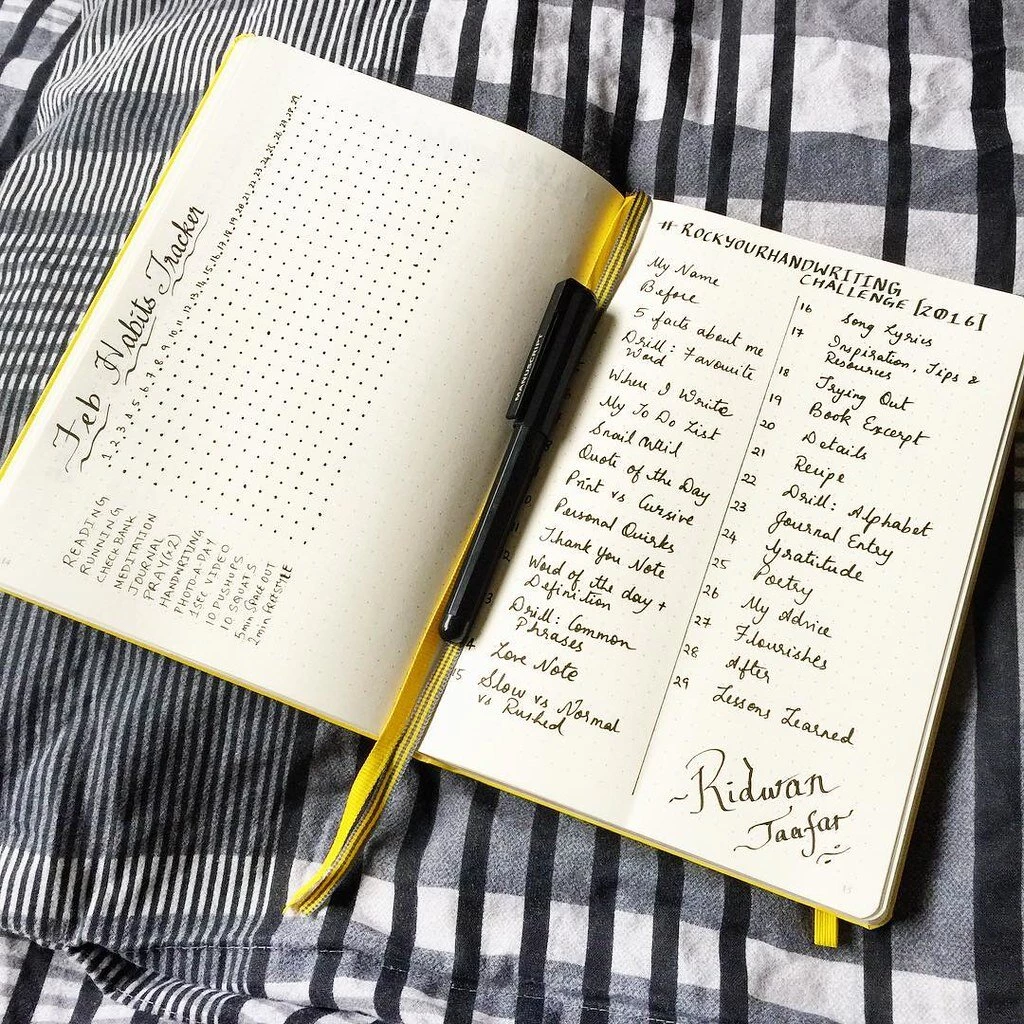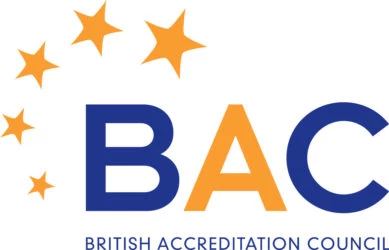Like me, maybe you started the year with a clear set of goals and a lot of motivation.

It’s all about balance!
But now it’s the middle of January and maybe, like me, you’re finding your New Year’s resolutions harder and harder to keep. We’re not alone – the most pessimistic studies suggest that only 8% of people who make a resolution are successful. That’s no reason to abandon hope: here at Reach Cambridge, our motto is Sic Itur Ad Astra – reach for the stars – so whether you want to learn a new language or spend longer on your homework, here are some top tips to make sure that we all achieve our goals in 2020.
Change ‘I want’ to ‘I will’
A simple but effective tip is to rephrase your resolution, for a bit of psychological reinforcement… Simply replace “I want to” to a more definite “I will”. So, ‘I want to save money’ becomes ‘I will save money’. It’s a much more positive statement that sets you up for success, reiterating and strengthening your self-belief. The more you hear yourself say it, the more you’ll believe it! Plus, by upping the stakes and sounding more determined, others will know you are taking your resolutions seriously, which may influence their behaviour around you – not offering you a hot dog if you’re saying you will eat less meat, for example!
Break it down
Break down your big goal into smaller, concrete tasks. For instance, if you want to learn a new language, think about how and when you’ll do that. Will you use a language learning app on the way to school? Can you sign up to a weekly extra-curricular club like an art class or new sport?
Be specific
More general resolutions (‘I want to learn to cook’) are not only harder to keep, but also harder to measure. Being specific immediately makes your goal more manageable (‘I will make a new dish each week’), giving you a clear picture of what success means and allowing you to celebrate your achievements. Consider setting yourself SMART goals:
- Specific (helps you identify what you want to achieve and what resources you might need to get there)
- Measurable (clearly define what “success” will look like)
- Attainable (don’t try to ‘bite off more than you can chew’)
- Relevant (make sure what you’re working towards is worthwhile to you)
- Time-based (“each week”, “by April”)
Could Reach help you achieve your goals? Check out the range of academic courses and extracurricular activities!
Create a plan you can track

Bullet Journal by RidwanJaafar, licensed under CC BY 2.0
Don’t just write down a list of what you want to achieve, but how you’re going to do it. You can include targets, timelines, a star chart – whatever it takes to make sure that you have a clear road map to follow.
Whether you’re a fan of pen and paper or prefer the latest app, there are plenty of ways to record your progress. Have you tried Bullet Journalling? It’s a method of listing that’s swept the world, and a great ‘analogue’ way to track your big plans. If you’re more of a technophile, there are apps for pretty much any kind of self-improvement. If you want to read more books this year, for instance, you could join GoodReads and sign up to the Reading Challenge. In addition to either approach, you could always ask a friend to check in with you and keep you accountable – or better yet, if they share your goal, work together to ensure you both stay motivated.
Treat every day like January 1st
There may be setbacks and unforeseen circumstances that get in the way of your goals, but that doesn’t mean you’ve failed and it definitely doesn’t mean you should give up. Tomorrow is a new day to try again. Even if you don’t end up achieving the full record you hoped, starting again will mean you are still further forward than if you had given up.

You at the end of the year, having achieved your goals!
I look forward to hearing how you’re doing with your resolutions – let us know on Facebook, Instagram or Twitter.









